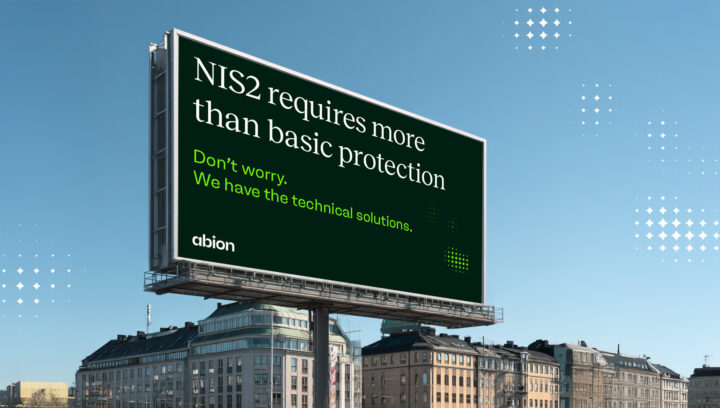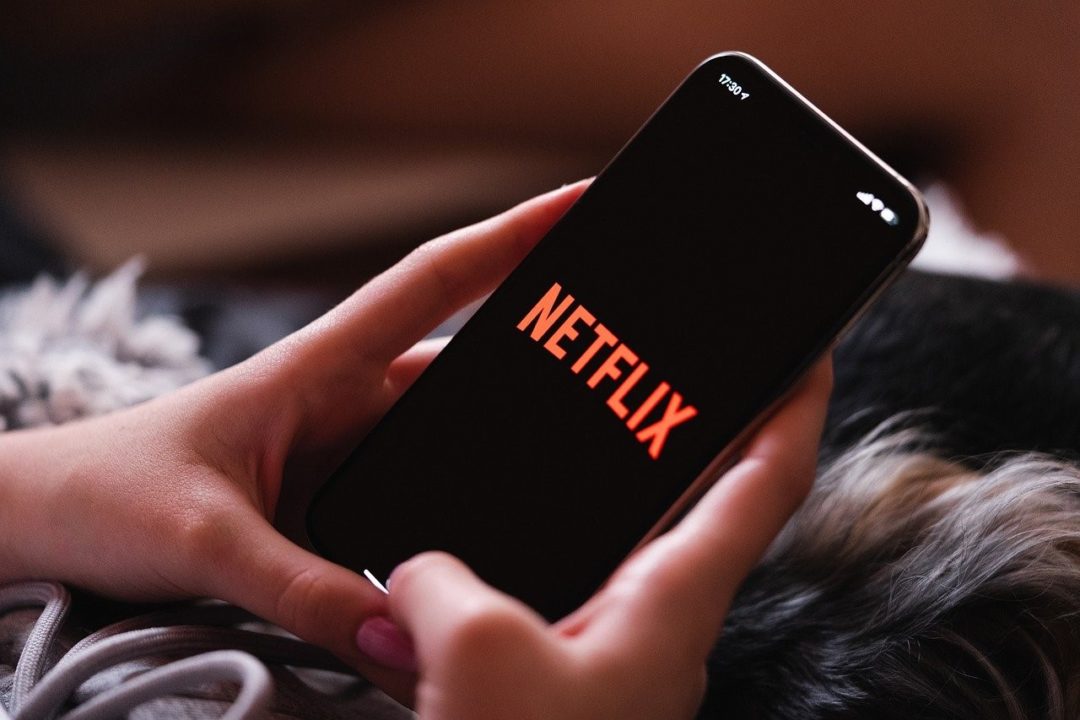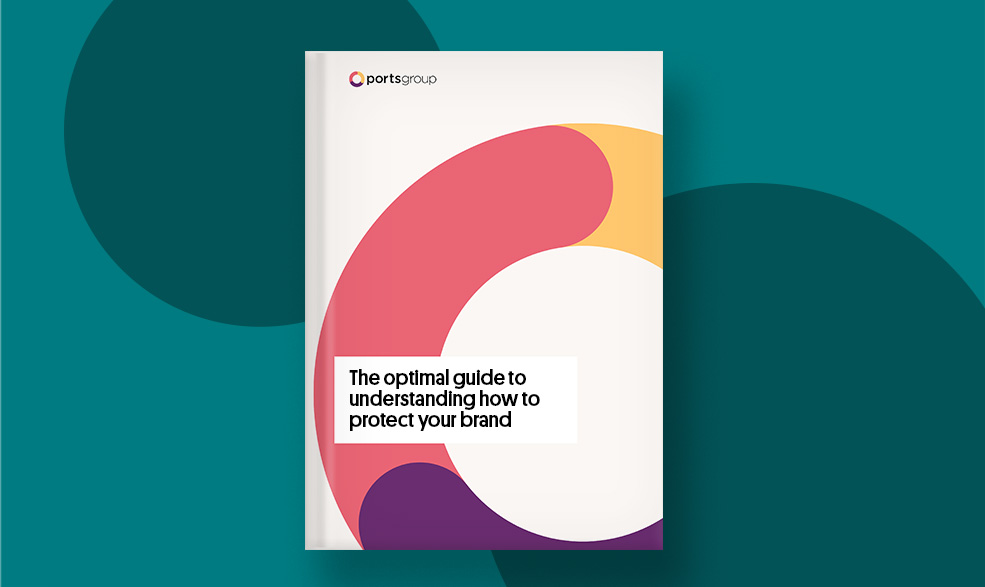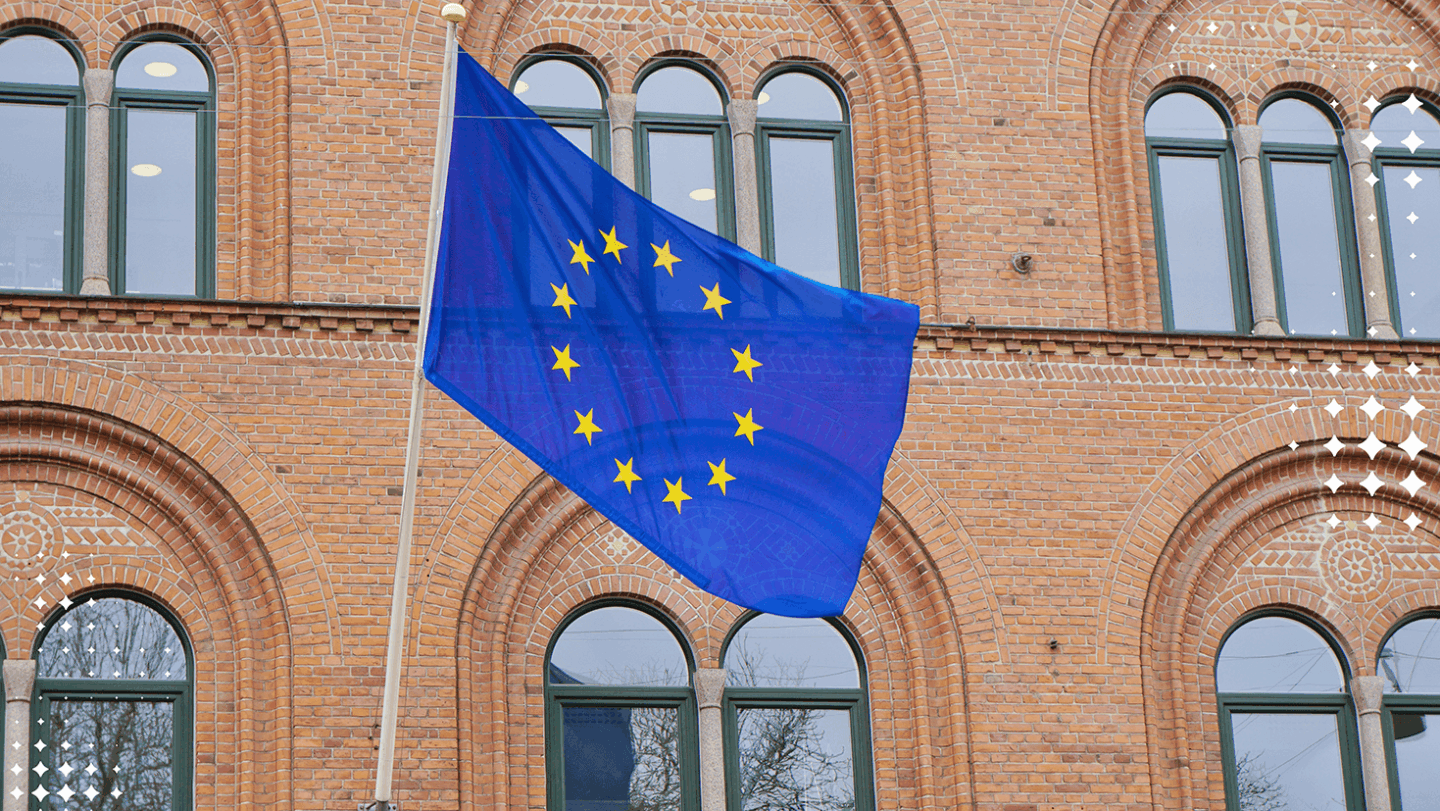Top 10 brand threats for a marketing manager
- Firstpage
- Strategy

When you least expect it
Online fraud, domain hijacking and fake invoices – digital infringement that damages your brand’s reputation can happen in a flash. But there are methods, measures and tools to protect your most valuable asset.
In today’s globalized world, barriers to entry into most industries have been lowered through deregulation, innovation and improved market communication. This makes the brand increasingly important. Often, the strength of the brand alone will determine whether a service or product becomes successful or not.
Despite a generally high awareness of the importance of strong branding, many companies have a careless attitude towards the threats posed to their brand. There is a great danger in thinking that “We have no problems with the protection of our brand”. The obvious counter-question is: “How do you know that?”.
It is potentially devastating to have a false sense of security that you have enough protection of your brand, forcing you to take action only when infringements have already taken place.
The most optimal is to work proactively and deal with the matter before your brand is suffering damage. Your brand is often your company’s largest intangible asset, so make sure its protection is a high priority.
Expect an even tougher future
The challenges for the future are many. There is good reason to believe that intrusions will continue to increase, just as they have done in recent years. The development is escalating, as access to the global market and increased digitization give fraudsters new ways to take undue advantage of brands and swindle consumers. The role of law is crucial, but litigation often takes time, and more importantly, the perpetrators are often difficult or impossible to find and bring to court.
A holistic approach for better results
You cannot rely solely on the law to protect your brand. You must have a holistic approach to trade mark protection. The best results are achieved if there is a synergy between the digital, technical and legal aids that control, protect and secure your brand.
With the help of technology, you can take immediate action to prevent damage to your brand. Legal action is the next step in stopping the fraudsters and ensuring that they do not resume trade mark infringement in new ways.
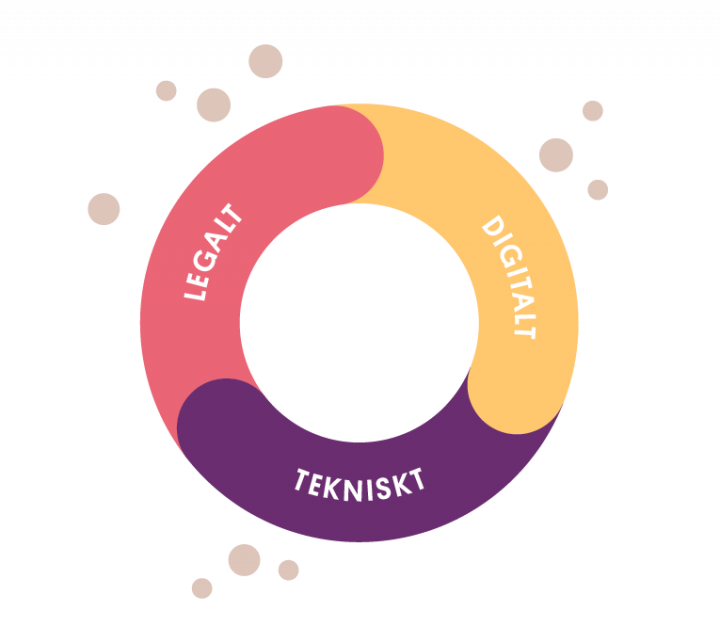
Here are 10 immediate threats to your brand
- Lack of internal routines
It’s not always “someone else’s fault”. Companies that fail to renew trade mark registrations, domain name registrations, renewal of security certificates (SSL and TLS) or neglect similar trade mark protection are unfortunately more common than you might think at first glance. - Domain name infringement
The exclusive right to a trade mark also applies on the internet, but a similar or identical domain name registration does not always equal trade mark infringement. - Phishing
Today, one of the most common cyberattack methods is phishing. The method involves tricking someone into opening a document, visiting a website or downloading a file via email or chat services. The purpose is to infect the recipient’s device with malicious code and/or access sensitive data for authentication and authorization. - Challenges in foreign markets
Respect for trade mark rights is often lacking in markets with less developed legal infrastructure or tradition. In many Asian countries, for example, the challenges for trade mark protection are obvious, especially for companies that have located their production there. - Email scams
Frauds that occur through email pose a great risk of damaging your brand. The most common approach is for someone to forge an email address in order to gain money, sensitive information and / or spread malicious code. This includes the common CEO scams to advanced third-party scams that target customers and suppliers. - Mirroring of websites
When consumers are misled into ordering from a fake or mirrored website and don’t receive their products, brand trust is damaged. - Pirated products
Piracy is a notorious threat to luxury products such as handbags, but a growing number of low-priced products, such as food, are now also being pirated. - Incorrect processes and lack of strategy at launch
When launching new products or investing in new markets, it is important to start at the right end. Which rights should be secured first? Do we have the legal right to register and use our trade mark in a new market? The importance of a well-thought-out process is underlined by the fact that many fraudsters use advanced market monitoring tools to detect new company names that they quickly register as domain names. - Poor monitoring or lack of it
Proper monitoring is central to brand safety. Make sure that your monitoring is adapted to the channels in which the brand is visible and follow up on monitoring reports continuously. - Reactive response instead of proactive measures
This is perhaps the most important point of all. There are many ways to protect your brand, but often organizations take the necessary steps too late. A proactive approach to brand protection always pays off in the long run, and as a marketing manager, it is crucial not to underestimate the potential threats to your brand’s continued strength.
Key takeaways
- Be proactive and communicate about brand security with your colleagues!
- Be one step ahead of the fraudsters and make sure you are educated about them to avoid problems and costly reactive measures.
- Don't put all of your eggs in the law basket, have a holistic approach to trade mark protection.
- Have a synergy between the digital, technical and legal aids that control, protect and secure your brand.
